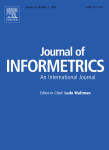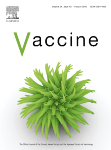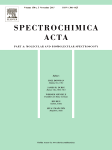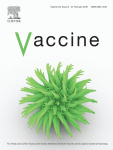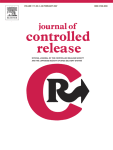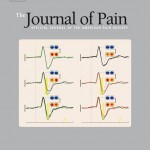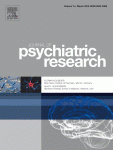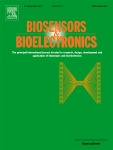 The list of co-authors on a paper about a “bioelectronic composite” was apparently too sparse.
The list of co-authors on a paper about a “bioelectronic composite” was apparently too sparse.
According to its retraction note — posted at the request of the editor-in-chief and the corresponding author — the paper failed to include some of the collaborators.
The Biosensors & Bioelectronics paper looks at a protein complex that could function as part of a “bio-hybrid” device, like a sensor or a solar cell. It has been cited only by its retraction according to Thomson Reuters Web of Science.
What went wrong in allotting credit for the work pretty straightforward, according to the note for “Monolayers of pigment–protein complexes on a bare gold electrode: Orientation controlled deposition and comparison of electron transfer rate for two configurations.” Here it is in full:
Continue reading Journal retracts bioelectronics paper for lack of credit to collaborators
